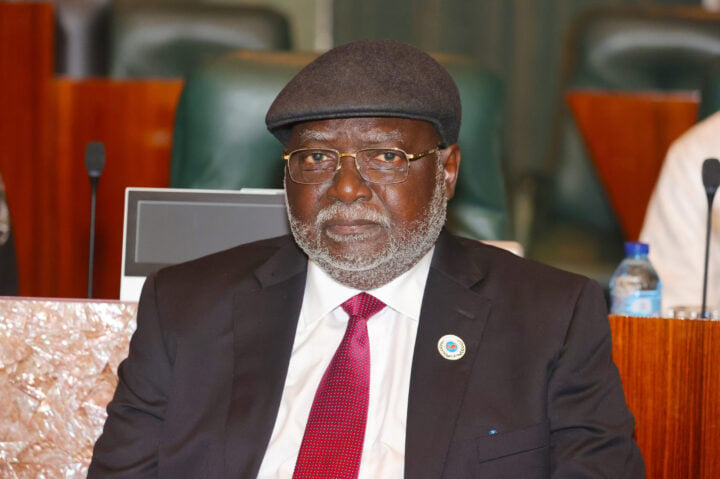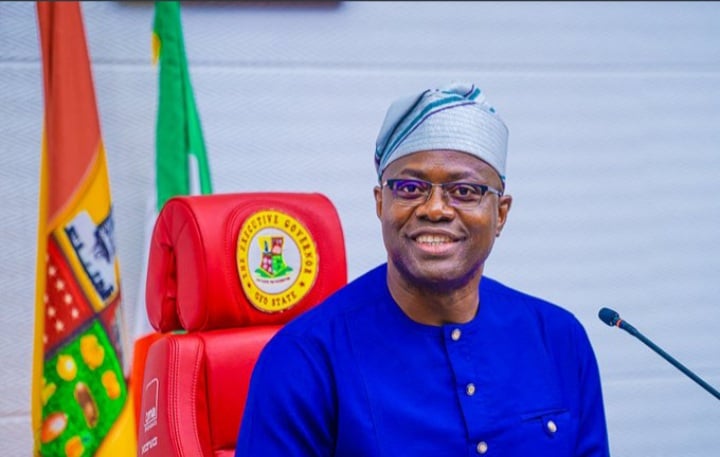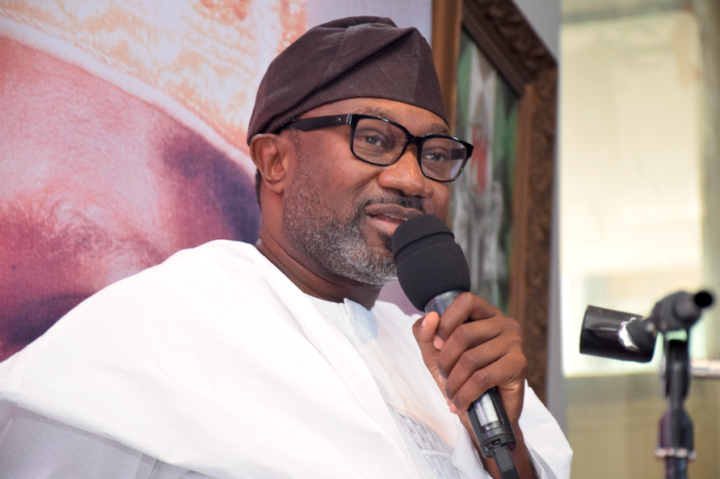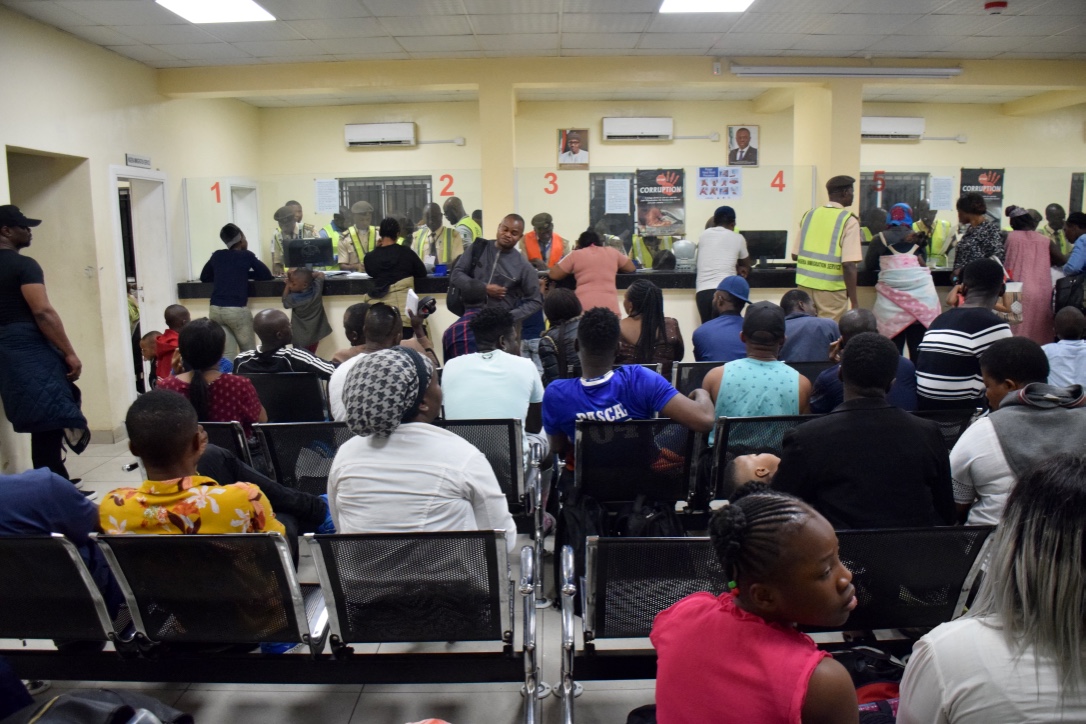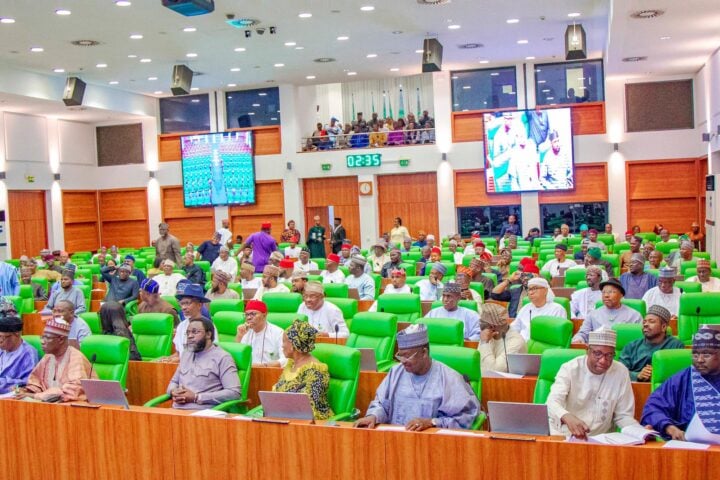Olukayode Ariwoola, former chief justice of Nigeria (CJN)
Some lawyers and civil society organisations (CSOs) have called for the unbundling of the office of the chief justice of Nigeria (CJN).
The CSOs and lawyers made the call in a communique issued at the end of a conference held in Abuja on judicial accountability organised by TAP Initiative, a CSO, with support from Open Society Foundations.
The communique was signed by Jibrin Okutepa, a senior advocate of Nigeria (SAN); Adamson Adeboro (SAN); Mbasekei Obono, coordinator of Tap Initiative; Victoria Benson and Lillian Okenwa.
They questioned the “overbearing and ubiquitous” power of the CJN on the accountability structures of the judiciary.
Advertisement
In the communique, participants also queried the CJN’s leadership over the National Judicial Council (NJC), Federal Judicial Service Commission (FJSC), National Judicial Institute (NJI) and Legal Practitioners Privileges Committee where they claim “the CJN almost single-handedly appoints all the members”.
They described the situation as one of the greatest reasons for Nigerians’ dwindling trust in the judiciary.
They added that the responsibility to restore trust in the judiciary rests on every member of the legal profession starting with the judges and especially the heads of courts.
Advertisement
They urged the judiciary to increase the openness of its governance procedures, particularly the selection of judges.
In October 2023, Musa Dattijo, a former justice of the supreme court, made a similar recommendation while retiring from the apex court.
Dattijo had accused the CJN of nepotism in the judiciary, abuse of office and dictatorial practices.
“As presently structured, the CJN is chairman of the National Judicial Council (NJC) which oversees both the appointment and discipline of judges. He is equally Chair of the Federal Judicial Service Commission (FJSC), the National Judicial Institute (NJI), the Legal Practitioners Privileges Committee (LPPC) that appoints Senior Advocates of Nigeria,” Dattijo had said.
Advertisement
“In my considered opinion, the oversight functions of these bodies should not rest on an individual alone. A person with absolute powers, it is said, corrupts easily and absolutely.
“As chair of NJC, FJSC, NJI and LPPC, appointments as council, board and committee members are at his pleasure. He neither confers with fellow justices nor seeks their counsel or input on any matter related to these bodies. He has both the final and the only say.”
